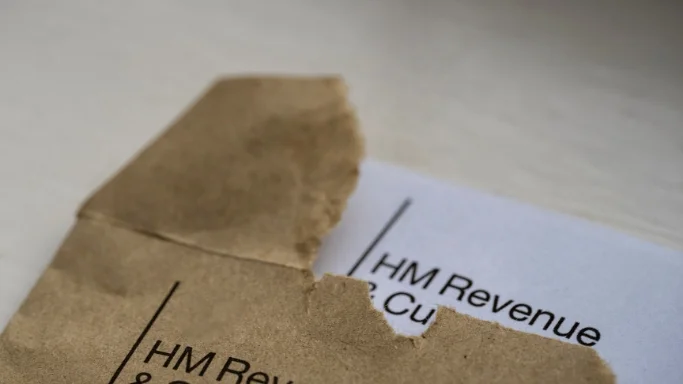
Record-Keeping Requirements for Income Tax For Making Tax Digital (MTD)
The UK’s tax system is transforming by implementing Making Tax Digital (MTD), a scheme designed to bring tax matters into the digital age. This initiative presents fresh requirements for taxpayers, particularly for the self-employed and small businesses. Among these changes are new rules for record-keeping. This article provides a comprehensive guide to what these changes mean for you and how to prepare. Suppose you are a business owner, accountant, or self-employed. In that case, the article is worth reading to understand and comply with MTD, ensuring your tax affairs are in order and potentially benefit from tax credits.
What is Making Tax Digital (MTD)?
Making Tax Digital is an HMRC initiative to streamline the UK’s tax system. This reform requires taxpayers to use compatible software to keep their tax records digitally, simplifying the submission of VAT returns, self-assessment tax returns, and other tax affairs. This digital transformation aims to reduce errors and improve efficiency, benefiting the taxpayer and the accounting profession.
Who Must Comply with MTD?
From April 2023, self-employed individuals, landlords, and small businesses must comply with MTD if their annual income exceeds the income threshold set by HMRC. Suppose you are a sole trader or landlord. In that case, you must keep records of your business or property income and regularly submit details of your income and expenditure to HMRC.
What are the record-keeping requirements?
In this new era of digital taxation, there are specific requirements for record-keeping. Firstly, you must use MTD-compatible software to keep digital records of all business transactions, income and expenses, VAT returns, and tax affairs. This includes information related to tax credits and business taxes. Not only should the records be kept digitally, but they must also be kept up-to-date, ensuring that the end-of-year tax return is as accurate as possible.
How Can You Prepare for MTD?
The introduction of MTD in 2023 might seem daunting, but the transition can be smooth with the proper preparations. One of the first steps is to find suitable software that complies with MTD, such as Xero, QuickBooks, or Sage. Engaging with an accountant experienced in digital tax matters can also be advantageous. Regularly update your income and expenditure records as the tax year progresses, avoiding a last-minute rush before the self-assessment tax return deadline.
What are the Benefits of MTD?
While MTD means changing how you handle your tax affairs, the benefits are considerable. The shift to digital makes it easier to keep track of your tax records and ensure they are accurate, reducing the chance of mistakes in your tax return. Over time, MTD will result in more streamlined tax affairs, with HMRC having access to real-time data, potentially making tax codes more accurate.
In conclusion, the shift to Making Tax Digital is a significant development in the UK’s taxation landscape.
Key Takeaways:
- MTD comes into force in April 2023 for self-employed individuals and landlords.
- Record-keeping must be done digitally using MTD-compatible software.
- Regular updating of records is essential for accuracy in the self-assessment tax return.
- Preparation for MTD, such as finding the right software, is crucial.
- Despite the changes, MTD presents an opportunity to streamline tax affairs and improve efficiency.
Understanding and implementing these changes will ensure your business meets HMRC’s requirements while reaping the benefits of a more efficient, digitalized tax system.


Request a call back
Let us know when you would like us to call you back by filling in this form:
Our 5 Star Reviews



Latest News

Making Tax Digital 2023: MPs Criticise Delays and Complexity
Explore the challenges and impacts of the UK’s Making Tax Digital initiative, including delays and the cost burden on taxpayers.

Making Tax Digital: Small Business Review
Making Tax Digital Small Business Review 2023: Understanding the Basics and Preparing for Change Introduction to Making Tax Digital (MTD) Since 1948, Jack Ross Chartered

Making Tax Digital: The Rising Costs and Challenges
Making Tax Digital: The Rising Costs and Challenges Introduction Making Tax Digital (MTD), the ambitious initiative by HM Revenue & Customs (HMRC) to digitise the
